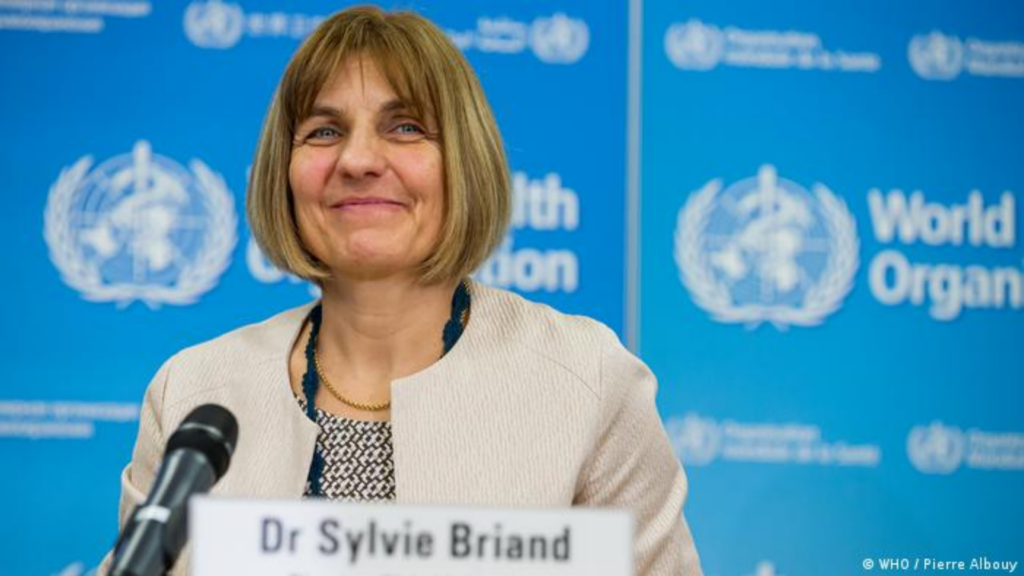As several cases of the monkeypox virus have been detected in Belgium, the World Health Organisation (WHO) says it sees ‘no cause for alarm’, though it does recommend certain measures in the face of the virus’ unusual spread.
Some 300 cases have been confirmed in more than 20 countries outside of the equatorial African countries where it has been present for decades.
However, according to the WHO, it is not a disease that the general public should be concerned about. “It is not like Covid-19,” the director of the epidemic risk department at WHO, Sylvie Briand, stated on Friday.
While countries should take quick steps to contain the spread of monkeypox and share data about their vaccine stockpiles, there is currently no need for mass vaccination, the organisation underlined.
And though the European Centre for Disease Prevention and Control (ECDPC) warned that monkeypox could become endemic in Europe, experts agree that it will not be the next pandemic.
Recommended measures
The WHO does call on member states to quickly identify and isolate infected people, of whom the vast majority is expected to have a mild form of the disease.
Pregnant women, children, and immunocompromised people, however, run a higher risk of developing a severe form.
Related News
- Belgium buys monkeypox vaccines for 625 people
- Monkeypox: Six confirmed and one suspected case in Belgium
- Rare monkeypox virus on the rise in Europe: Should we worry?
“We currently have a good window of opportunity to stop the spread of the disease,” Briand explains. “But we don’t know the size of the smallpox vaccine stockpile, which could also be useful against monkeypox.”
The WHO expects cases of monkeypox to continue to rise. “Right now we don’t know if we’re just seeing the tip of the iceberg,” stated Briand.

